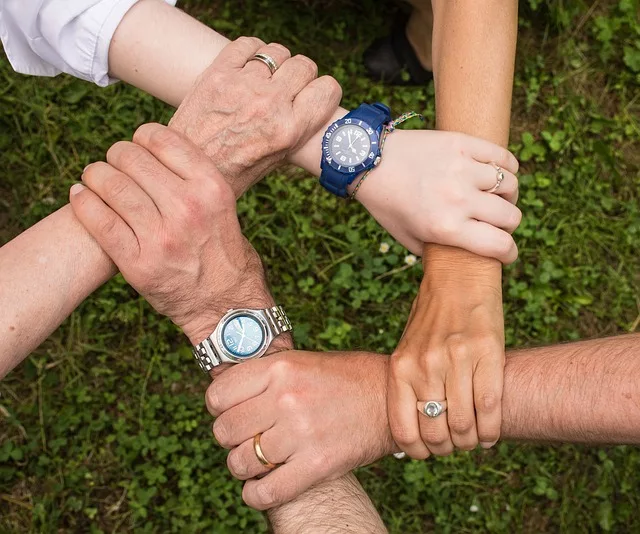Perhaps one of the most difficult aspects of addiction is being a witness to a family member or friend’s painful struggle with drug and alcohol dependency. Very often the shame and guilt that those trapped in a cycle of addiction feel about letting down their loved ones fuels the self-destructive symptoms of their disease. Community Reinforcement and Family Training (CRAFT) is an approach that’s gaining momentum for treating addiction. For many families, this treatment is a step in the right direction.

CRAFT advocates believe the widely accepted model of addiction, that addicts are in denial about their behavior and must hit “rock bottom” before they’re willing to seek treatment, might keep people from getting the help they need. They feel these ideas and public health policies put individuals with substance abuse disorder on the defensive, suggesting that they lie to themselves and must lose everything to get help.
In fact, some psychologists believe that there is no basis in science for the ideas of “being in denial” and “hitting rock bottom.”
In an interview with the Boston Globe, co-author of the book “Beyond Addiction: How Science and Kindness Help People Change,” Dr. Carrie Wilkens said, “I hope in the next ten years, we take ‘hitting bottom‘ out of the lexicon. I want to eradicate it. It doesn’t need to happen.”
Originally developed in the 1980’s and ’90’s by Robert J. Meyers, a professor emeritus in psychology at the University of New Mexico, CRAFT takes a much more gentle and compassionate approach to addiction.
What are the Principles of Community Reinforcement and Family Training?
- The belief that most substance abusers are not in denial about their behavior but are guarded because they risk the loss of self-respect, freedom and dignity, as well as access to drugs and alcohol if they admit to having a problem
- Family members learn methods of breaking through these defenses by being nonjudgmental, asking open-ended questions and encouraging a loved one to speak freely about their fears, concerns and addiction
- Addicts are not forced to leave home like other support programs, which suggest that families “detach with love.” In fact families try to improve home life without attempting to fix the ill effects of drug or alcohol use
- When substance abusers feel safe, accepted and understood by their loved ones, they become vulnerable and are more willing to get the help they need
In a 1999 study conducted by the American Psychological Association, out of a 130 families that attended CRAFT classes, well over a half of them saw loved ones who had formerly refused treatment change their minds and seek help. That success rate, according to the study, is two times higher than families that used the confrontational form of intervention, and more than three times higher than families who attended Al-Anon meetings.
The idea of commitment instead of confrontation is also present in Motivational Enhancement Therapy. This approach teaches recovering individuals to examine and understand their addictive behaviors on a deeper level, to address underlying issues without taking on the label of alcoholic or drug addict.
The Partnership for Drug-Free Kids is now using CRAFT for peer-to-peer coaching for parents by other parents who are trained in the techniques. This program is called The Parent Support Network. And health officials in the Swedish government have listed CRAFT in their 2015 guidelines of how families and health professionals should approach the disease of addiction.
Community reinforcement and family training sets aside the damaging stigma that our society puts on addiction, and creates a greater understanding and compassion for what a substance abuser is coping with. The lack of judgment, in addition to the support that an individual feels from their loved ones and the community around them, is often enough to bring a person out of addiction before they hit “rock bottom.”
Related:
The 5 Phases of the Addiction Stages of Change
Choosing Between Inpatient and Outpatient Addiction Treatment





